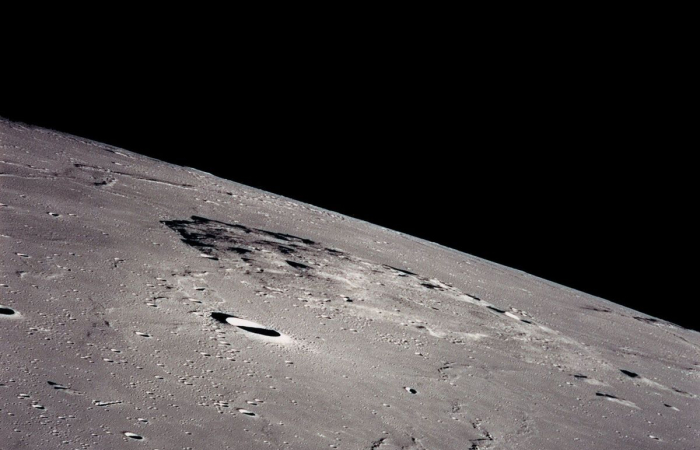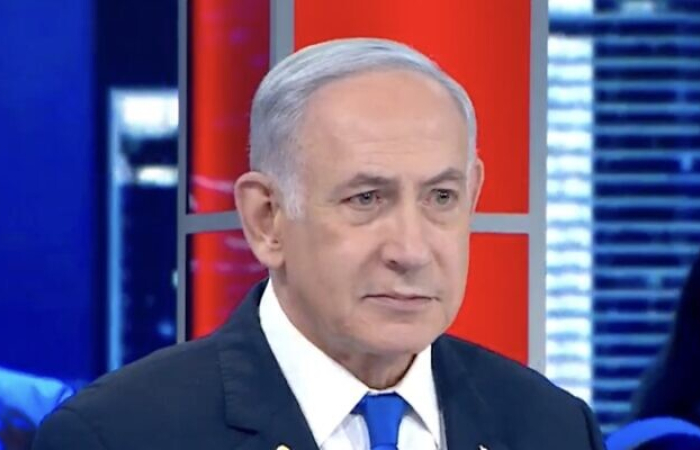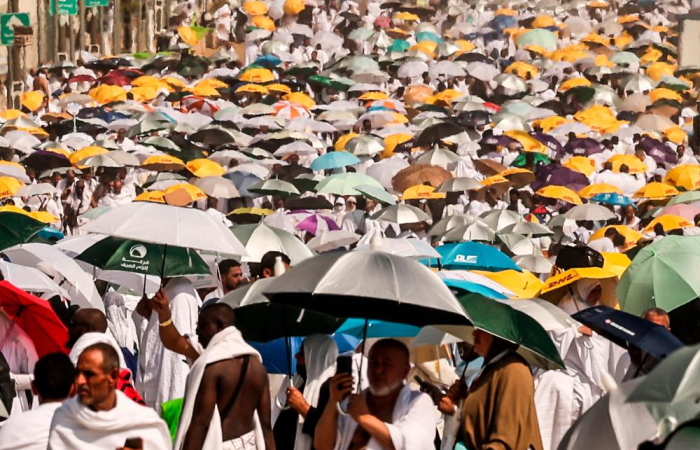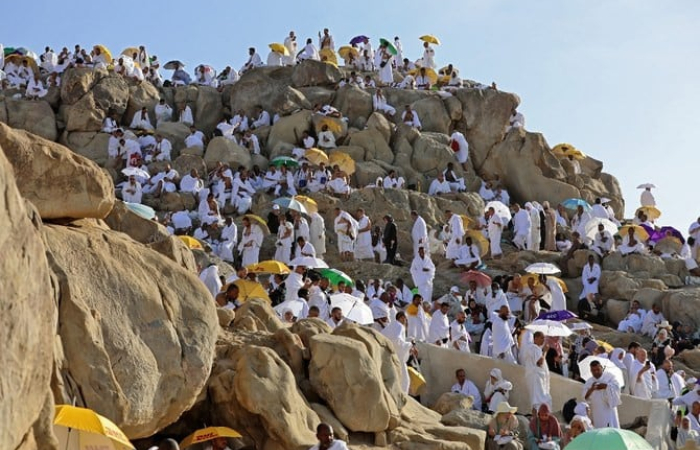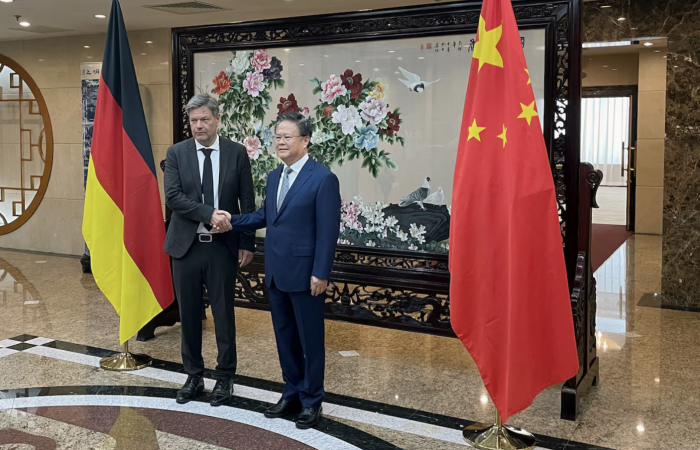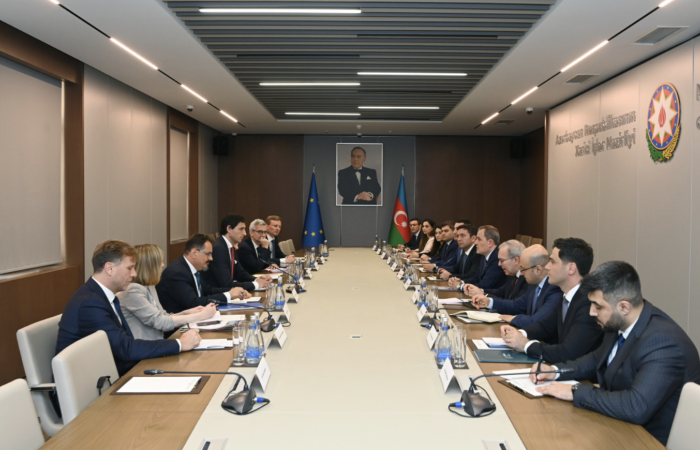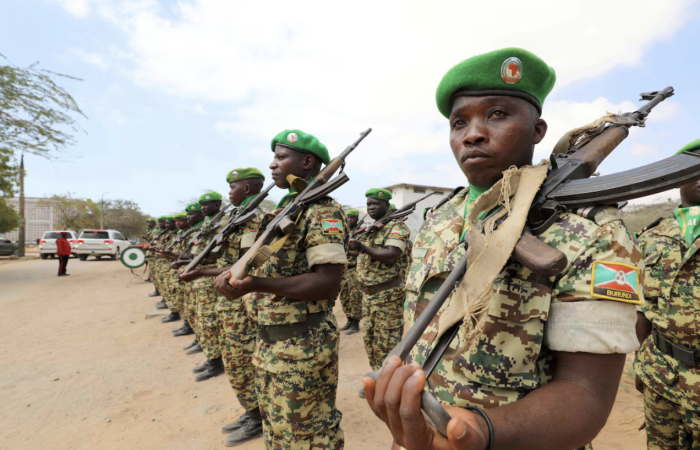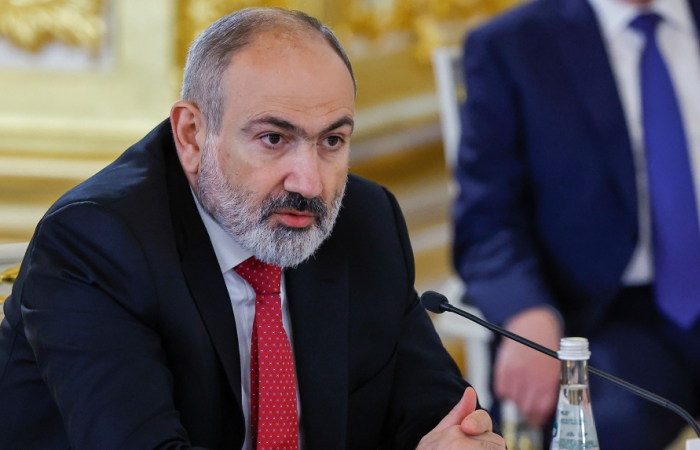Editor's choice
This is a members’ functionality. Please
Sign upNews
Trending
Somalia fears Islamic resurgence and asks peacekeepers to slow withdrawal
21 June 2024
Somalia's government is trying to delay the withdrawal of African peacekeepers, warning of a potential security vacuum, according to documents seen by Reuters. Neighbouring countries are concerned that resurgent al-Shabab militants could seize power. The African Union Transitional Mission in Somalia (ATMIS) is due to withdraw by 31 December, to be replaced by a smaller new force. But in a letter last month to the acting chair of the African Union Peace and Security Council, the Somali government asked for the withdrawal of half of the 4,000 troops due to leave by the end of June to be delayed until September. The letter had not been previously reported. A joint assessment by the Somali government and the AU in March, seen by Reuters, recommended adjusting the overall withdrawal timetable based on the readiness and capabilities of Somali forces. The assessment, which was mandated by the UN Security Council, warned that 'a hasty withdrawal of ATMIS personnel will contribute to a security vacuum'. Mursal Khalif, an independent member of parliament, expressed deep concern about the country's direction. The European Union and the United States, the main funders of the AU force in Somalia, have sought to reduce the peacekeeping operation because of concerns about long-term funding and sustainability, according to four diplomatic sources and a senior Ugandan official. Negotiations over a new force have been complex, with the AU initially pushing for a more robust mandate than Somalia wanted, three diplomatic sources said. A heated political dispute could lead Ethiopia to withdraw some of its most experienced troops.



